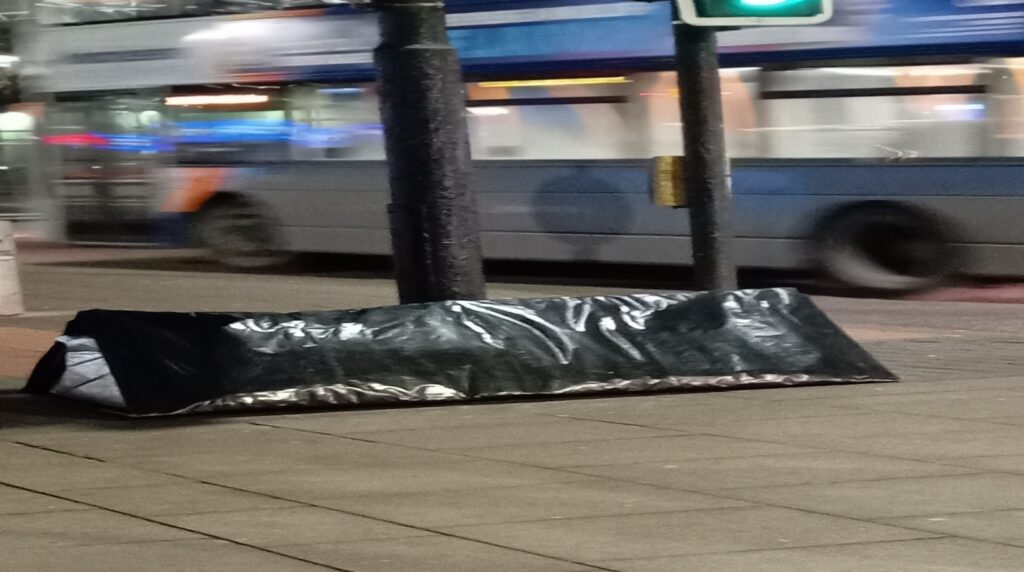Manchester City gives green light to a three-year initiative designed to combat homelessness
Homelessness and Rough Sleeping strategy covering 2024 to 2027 approved by the Council
• This initiative reflects a commitment to finding lasting solutions for the prevalent issue of homelessness in the city.
Manchester City Council is taking proactive steps to address homelessness by implementing comprehensive plans.
The primary objectives include preventing homelessness, reducing cases of rough sleeping, securing more suitable and affordable accommodation, and enhancing overall support to improve the lives of those affected. This initiative reflects a commitment to finding lasting solutions for the prevalent issue of homelessness in the city.
Manchester’s Homelessness

In this new plan, Manchester City Council plans to partner with the wider Manchester Homelessness in a well detailed action strategy which will be launched in this new year 2024 after it has been fully developed to suit all.
The goal of this new strategy is to ensure that the homeless are discouraged and prevented from becoming homeless by providing them with essential information, support and guidance. It also places greater attention on the impact that homelessness has on children and families at large.
The proposed three-year Homelessness and Rough Sleeping strategy is to cover 2024 to 2027 and has just been approved by the Council’s Executive. It outlines how the Council will address this urgent issue in collaboration with the community, religion and volunteer sectors as well as with educational institutions, healthcare providers and early intervention agencies.
The Manchester Housing Strategy (2022–2032) sets out the long-term vision on how best to deliver the city’s housing priorities and objectives based around the following four priorities:
1. Increase affordable housing supply and build more new homes for all residents
2. Work to end homelessness and ensure housing is affordable and accessible to all
3. Address inequalities and create neighborhoods and homes where people want to live
4. Address the sustainability and zero carbon challenges in new and existing housing stock
Councillor Joanna Midgley, deputy leader of the city council, said: “We are working tirelessly to address the issues that lead to homelessness through our prevention work, finding alternatives to temporary accommodation, increasing the supply of suitable temporary accommodation and affordable homes across the city as well as reducing the number of people sleeping rough.
“Against a backdrop of more than a decade of austerity, welfare changes, a pandemic and a cost-of-living crisis, the task is hard. But together with our partners we are determined to improve outcomes for people at risk of or experiencing homelessness.”
“This new strategy – which has been jointly produced by the Council and the Partnership and will build on what we’ve learned – sets out how we will come together to increase prevention, reduce rough sleeping, increase the availability of suitable accommodation and support people to improve their lives.”
Sandra Evers, Director of the Melissa Project CIC, said “The move of the government is a good initiative but should be sustained. When the government falls short in any way, little groups step in to fill in the gaps in their capacity at various levels. Grassroot organizations advocates for the vulnerable who needs urgent care and rehabilitation because the burden of care is on everyone”.


